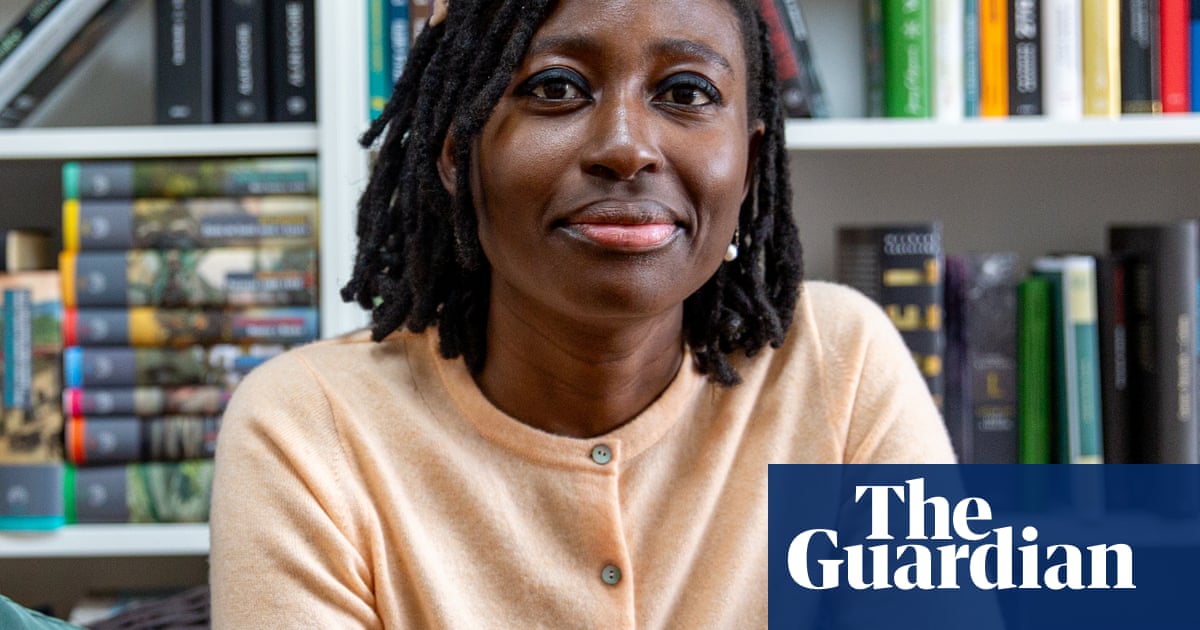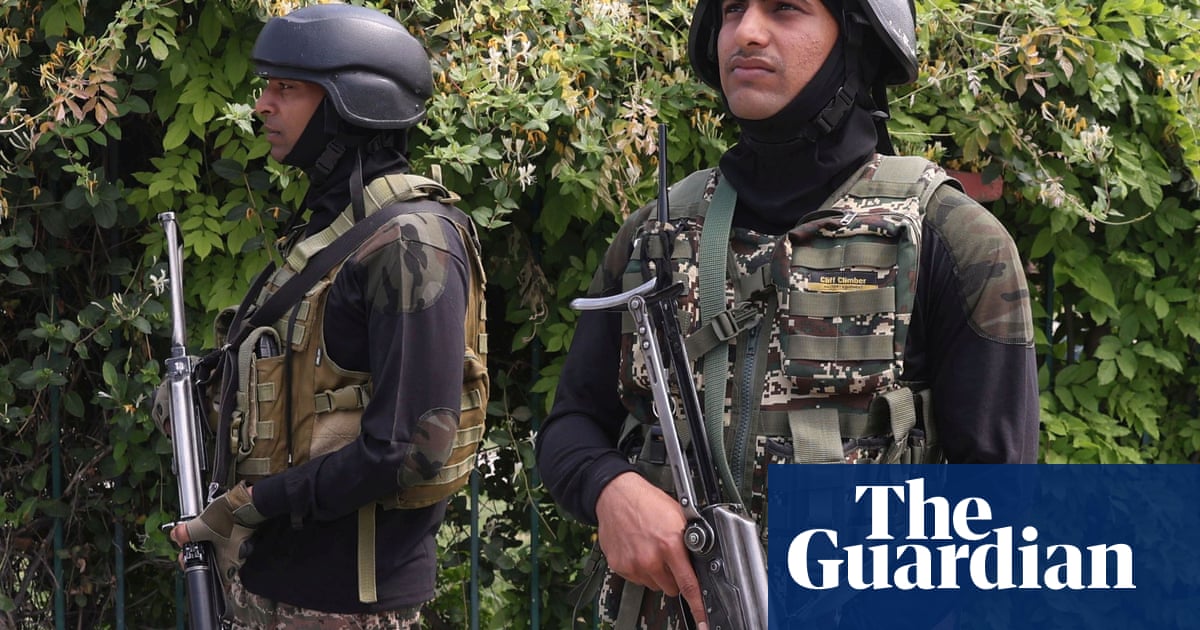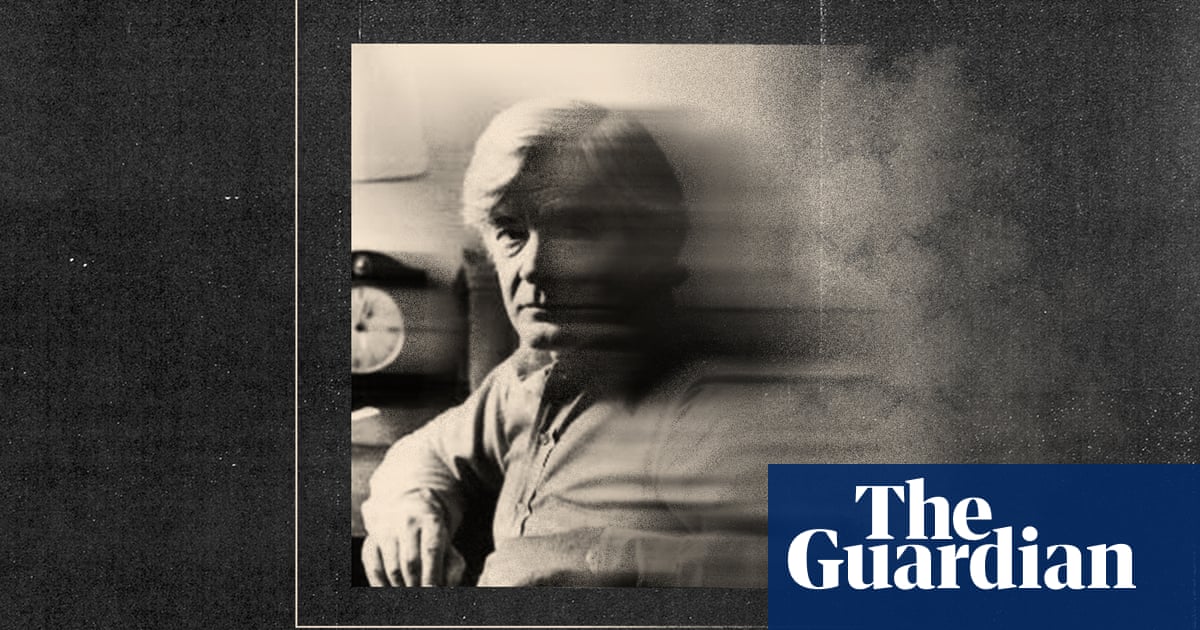The editor-in-chief of the Guardian, Katharine Viner, has told the high court there was a “very high public interest” in reporting allegations made against Noel Clarke after he received a special Bafta award.
In a witness statement, Viner said she believed it was conceivable that the actor’s endorsement by the British academy film awards could lead to an escalation of his allegedly abusive behaviour towards women.
Clarke, who is suing Guardian News and Media (GNM), the publisher of the Guardian, for libel over seven articles and a podcast published between April 2021 and March 2022, was given an honorary Bafta award in 2021, which was later suspended.
Viner, who has held the position of editor-in-chief at the Guardian since 2015, said that Clarke’s alleged sexual misconduct appeared to be “something of an open secret in the UK film and TV industry”.
She was made aware of the intention to follow up on leads about Clarke’s behaviour in April 2021 by the Guardian’s head of investigations, Paul Lewis.
Two journalists with experience of reporting on matters of sexual misconduct, Sirin Kale and Lucy Osborne, were assigned to the investigation, which developed at pace.
In her witness statement, Viner said she had been made aware that the Daily Mirror was also investigating Clarke but added that “we placed little, if any, importance on that in the timing of the publication”.
Clarke strongly denied the allegations when they were put to him.
Viner said that the number and credibility of the sources as well as the consistency of the accounts and the robustness of the reporting weighed in favour of publication.
She said: “I considered there was a very clear public interest in exposing allegations of misconduct in the context that the individual in question had been recently celebrated and further empowered through the special award that had been made by Bafta.
“In the light of the long period over which allegations had been made, it was conceivable that this endorsement of Mr Clarke and consolidation of his influence in the British film and television industry could enable him to continue or escalate the relevant behaviour, potentially with impunity.
“However, even if the timing of the award had not influenced the timing of publication, I consider we would likely have published the story in any case and perhaps only slightly later.”
Philip Williams, representing Clarke, 49, asked Viner about the role she played in the coverage.
She said: “I would say that I expect the reporters to do the reporting, the editors to do the editing, and then for them to escalate it to me. That is what happened in this case.”
When cross-examined, she added that when judging the public interest of a story there were formal systems in place and that she sought to take any “emotion out of it”.
The Guardian’s deputy editor, Owen Gibson, told the high court that GNM’s ownership structure ensured that there was no commercial or proprietorial pressure to publish the results of an investigation.
He confirmed that concerns that Clarke and his business partner, Jason Maza, were contacting witnesses and “could cause further intimidation or distress to sources or other women, as well as potentially deterring sources from speaking to us or going on the record” had been a consideration in the timing of the first article.
“We have to look after our sources and I considered that to be a legitimate factor when considering the timing of publication,” he said.
Anna Kaiser, a German film director, was the final witness in GNM’s defence. She told the court that she had been an intern on the film Doghouse in 2008 in which Clarke had played a leading role.
She said: “When he arrived in the morning or when I first saw him each day, he would greet me and, on several occasions, try to pull me in with an arm before going in to peck me on the lips.
“As I recall, I pulled away every time and I can’t remember if he ever actually succeeded at kissing me this way. I think this happened around a handful of times. At first it was cheeky but persistent, but it became less playful and his attitude became less friendly after I avoided it each time. My reaction each time, though I didn’t say it in so many words, was ‘oh, not this again’”.
When asked by Clarke’s barrister whether this was not simply standard behaviour on such an intimate and friendly film set, Kaiser noted that none of the other men on the set had greeted female colleagues by kissing them on the lips.
The closing submissions in the trial will be heard on Friday before a written judgment by Mrs Justice Steyn.

 1 month ago
27
1 month ago
27

















































